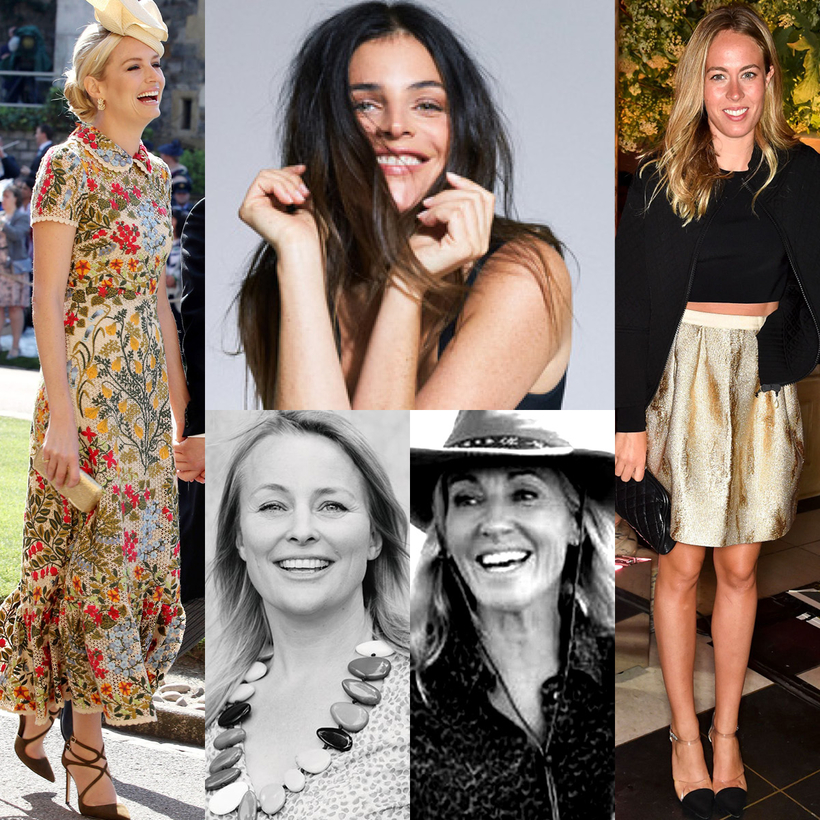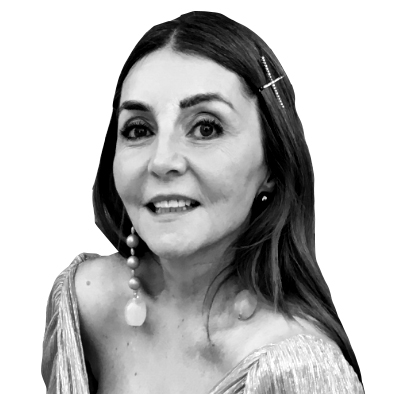A couple of years ago, I was invited to a fund-raising lunch in a surprisingly down-at-the-heels part of London. Rather than a gilt-and-mirrors five-star hotel, which is the norm, the home for this event was a massive ground-level raw space, glass-fronted on all sides. Passersby had a prime view of the 200 women—a standard mix of Gucci, diamonds, and blowouts—seated at long tables. And they weren’t the only spectators: lying on sleeping bags, gawping at the goings-on inside, were three of the city’s homeless. Was that Tom Wolfe I could hear choking with laughter above?
Ah, rich women and philanthropy—what a long and mutually beneficial marriage that has been. For the most part, at least. No matter that their parties often cost more than the money they raised, everyone wanted in on these camp extravaganzas, coming-out parties for socialites who fought like embattled C.E.O.’s for their place at the top of the committee list. But in recent years their allure has diminished, and in their place is a new breed of cash-rich but fully engaged female activists who say they do not give a fig for social jockeying or how Jackie O used to dress. Climate change has shaken the status quo and even high society is adapting to a new ethos. These women are trying to save the planet.


